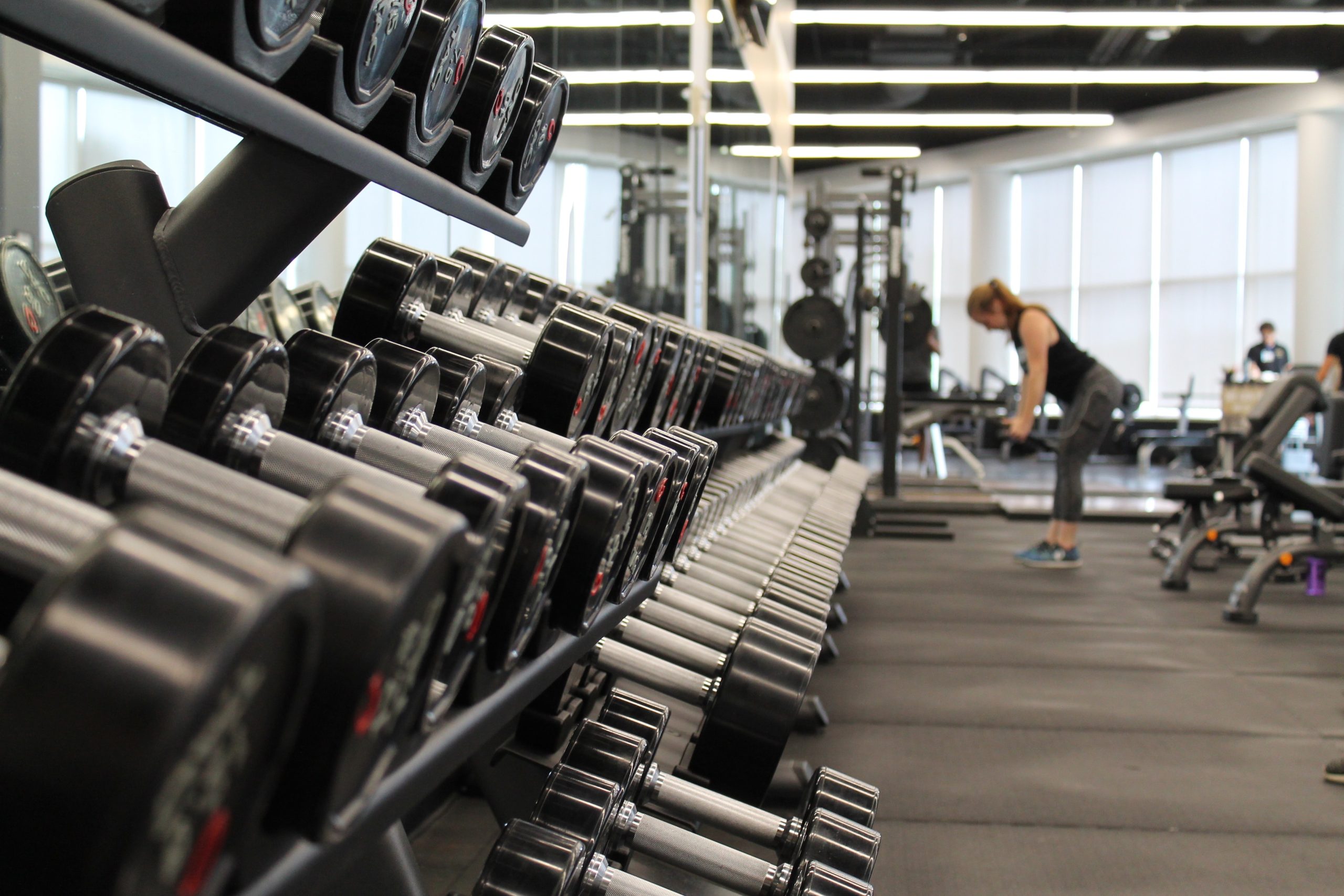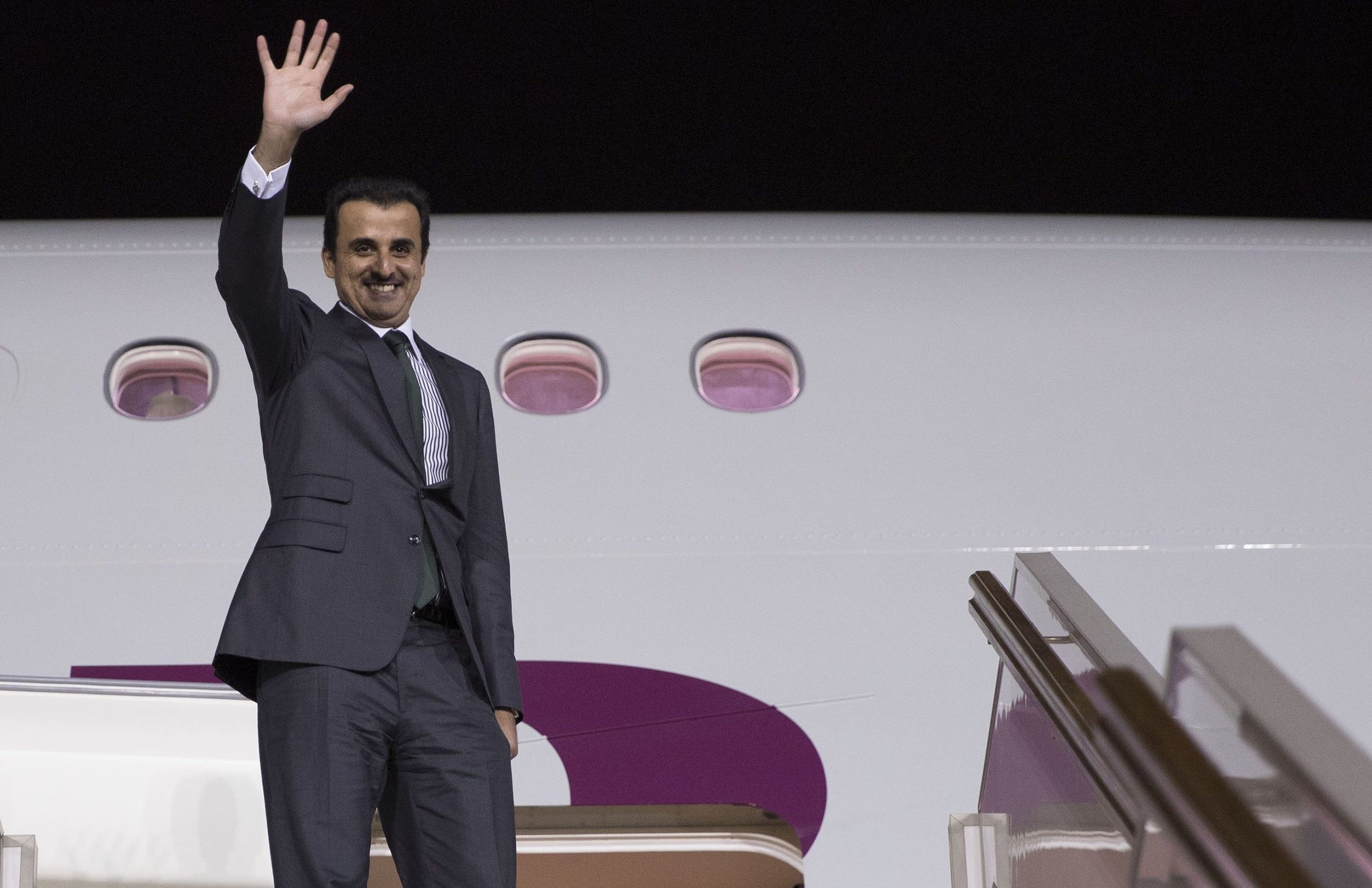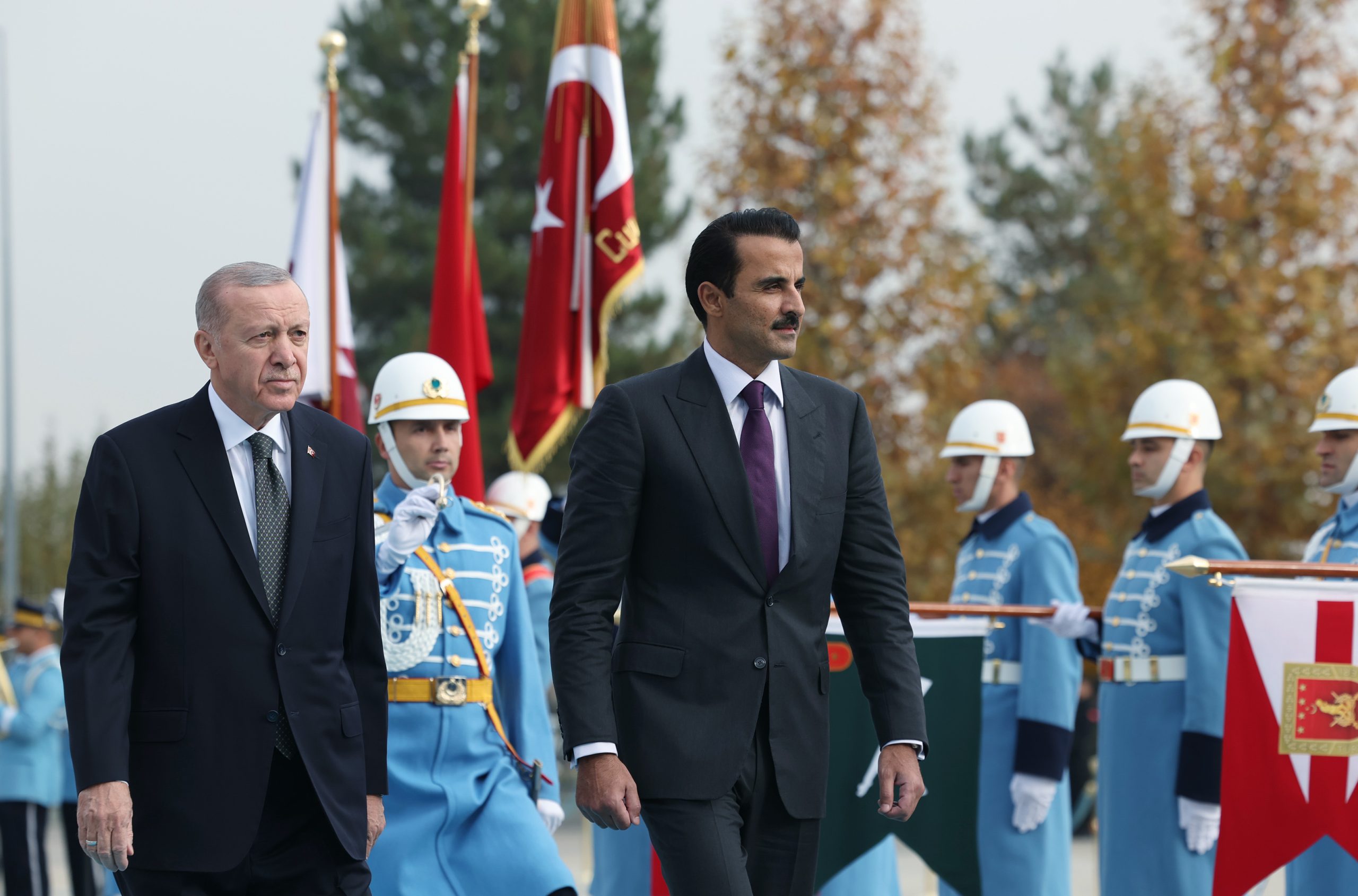With a little bit of planning and preparation, you can stay active and maintain your fitness goals during this holy month.
Ramadan, the holy month of fasting and spiritual reflection, is a time when many Muslims around the world put their fitness routines on hold. However, for those who want to continue working out during this time, choosing the right time to exercise can be crucial.
To shed some light on this topic, Doha News sat down with Khalid Allybokus, a coach at Un1t Lusail, to discuss the best times to work out during Ramadan.
With years of experience in the fitness industry and a deep understanding of the human body’s needs during fasting periods, Allybokus spoke to us about the advantages and disadvantages of exercising before or after breaking the fast.
So whether you’re an avid gym-goer or just looking to stay active during Ramadan, this interview will give you the information you need to make the most out of your workout routine during this holy month.
“It depends on your lifestyle”
The ideal time to work out during Ramadan depends on several factors, including your goals, fitness level and personal preferences. Some people prefer to exercise in the morning, while others prefer to work out after they break their fast. Ultimately, the choice is up to you.
“Ideally you want to be training either before or after Iftar as they’re the ideal times to train,” said Allybokus. “This depends on your lifestyle, your work and a lot of other things.”
Working out before Iftar
One of the most common times to work out during Ramadan is before breaking the fast. This time can be an excellent opportunity to squeeze in a workout before feasting during Iftar.
If you manage to get a workout in then, you’d have increased energy levels as your body is already in a fasted state, which can make your workout more efficient and help you burn more calories.
Additionally, since you’ll be able to replenish your fluids after working out with Iftar, you can work out more intensely without worrying about dehydration.
“If you’re going to train before, you have the opportunity to replenish, to fill your body up with good energy to be able to take into the gym ,” Allybokus told Doha News.
“If you can train before, I would recommend that you do something that’s not super high intensity. This could be things like going for a run, going for a walk, going for a bike ride, or doing a gym workout that’s not super taxing and takes its toll on your body.”
Working out after Iftar
Working out after Iftar has several benefits, including increased energy levels, as the body has been refuelled with food and drink, which can give you the energy you need to power through your workout.
You’ll have several hours to rehydrate before starting your workout, which can help you avoid dehydration during your workout.
“If you are going to want to do high intensity workouts, I would recommend that you do high intensity after, the reason for that is you’ve given your body the opportunity to replenish its stores, rehydrate yourself and then have the energy to go into the gym to complete a good workout,” explained Allybokus.
However, if not done properly, a post-Iftar workout can have some cons.
If you eat a heavy Iftar, you may feel bloated after eating, which can make your workout uncomfortable and less efficient. Working out in the evening can also make it harder to fall asleep, which can negatively affect your energy levels the next day.
In conclusion, the best time to work out during Ramadan depends on your personal preferences, fitness goals and schedule. Some people prefer to work out before Suhoor, while others prefer to work out after Iftar.
Regardless of when you choose to exercise, staying hydrated is key, as well as listening to your body and adjusting your routine as needed.







